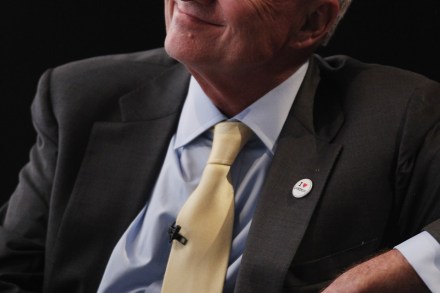The Spectator’s Notes | 11 February 2012
Last week, I went to a party in No. 10 Downing Street to relaunch its official website. In his speech of welcome, the Prime Minister said something quite bold. Because of Freedom of Information (FoI), he explained, officials and ministers are increasingly reluctant to put on paper what they actually think. He is right. If you know that your views may suddenly be released early to the wider world, your confidence, in both senses of that word, is undermined. So you express your views orally (which means that they can never be part of wider, formal discussion within government), or not at all. As with so many efforts at open government,












